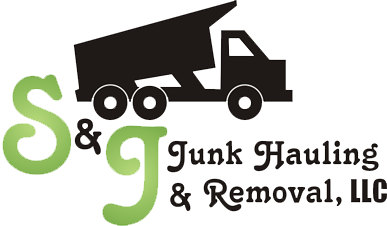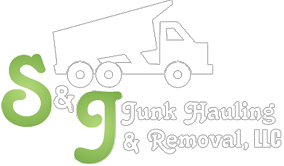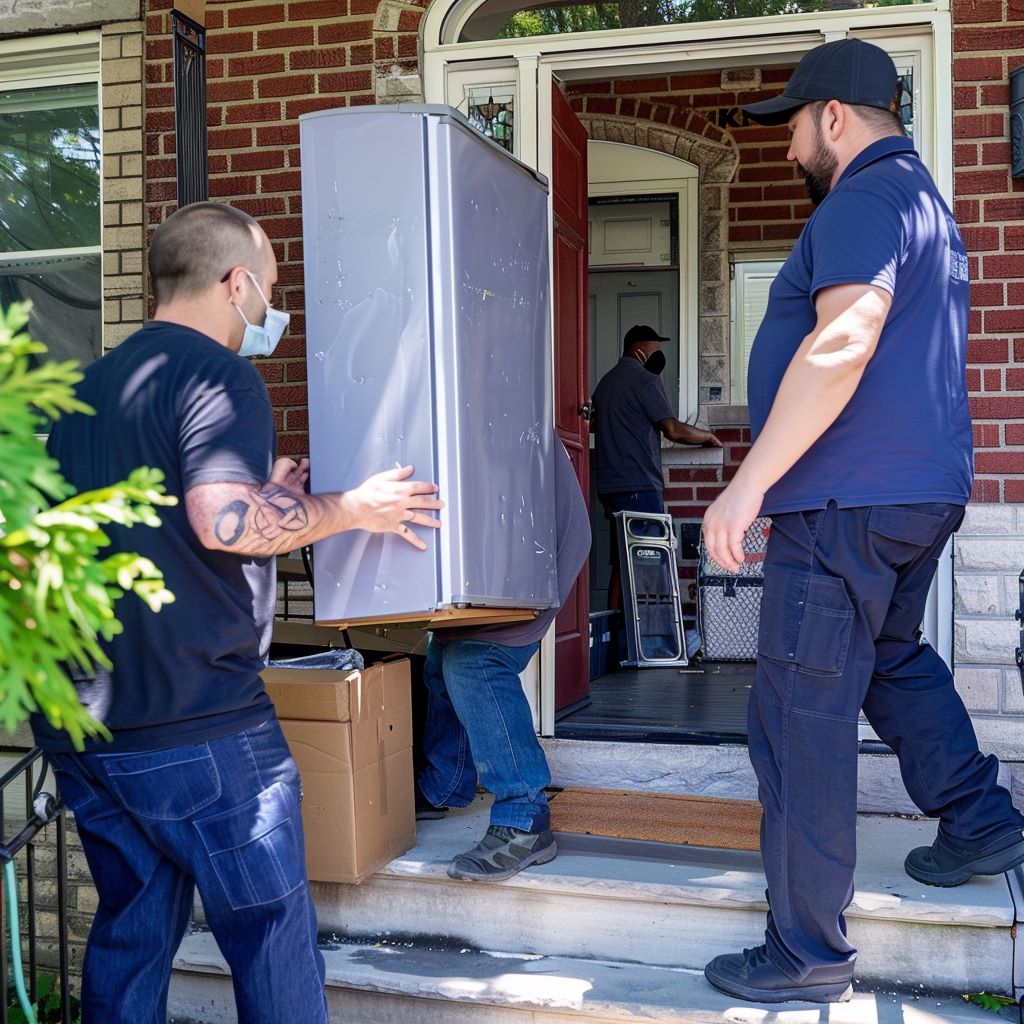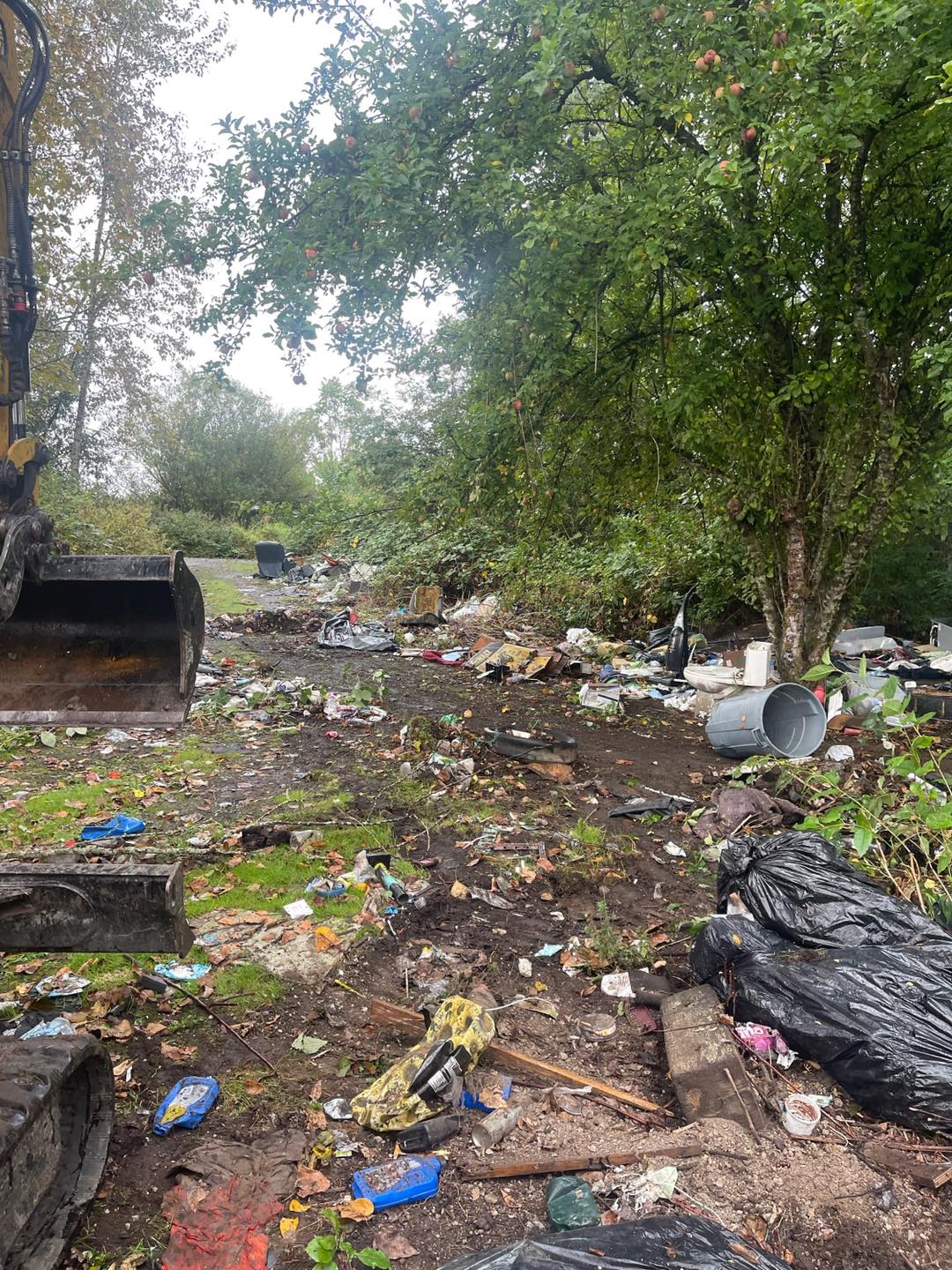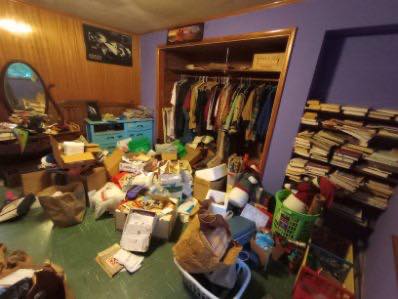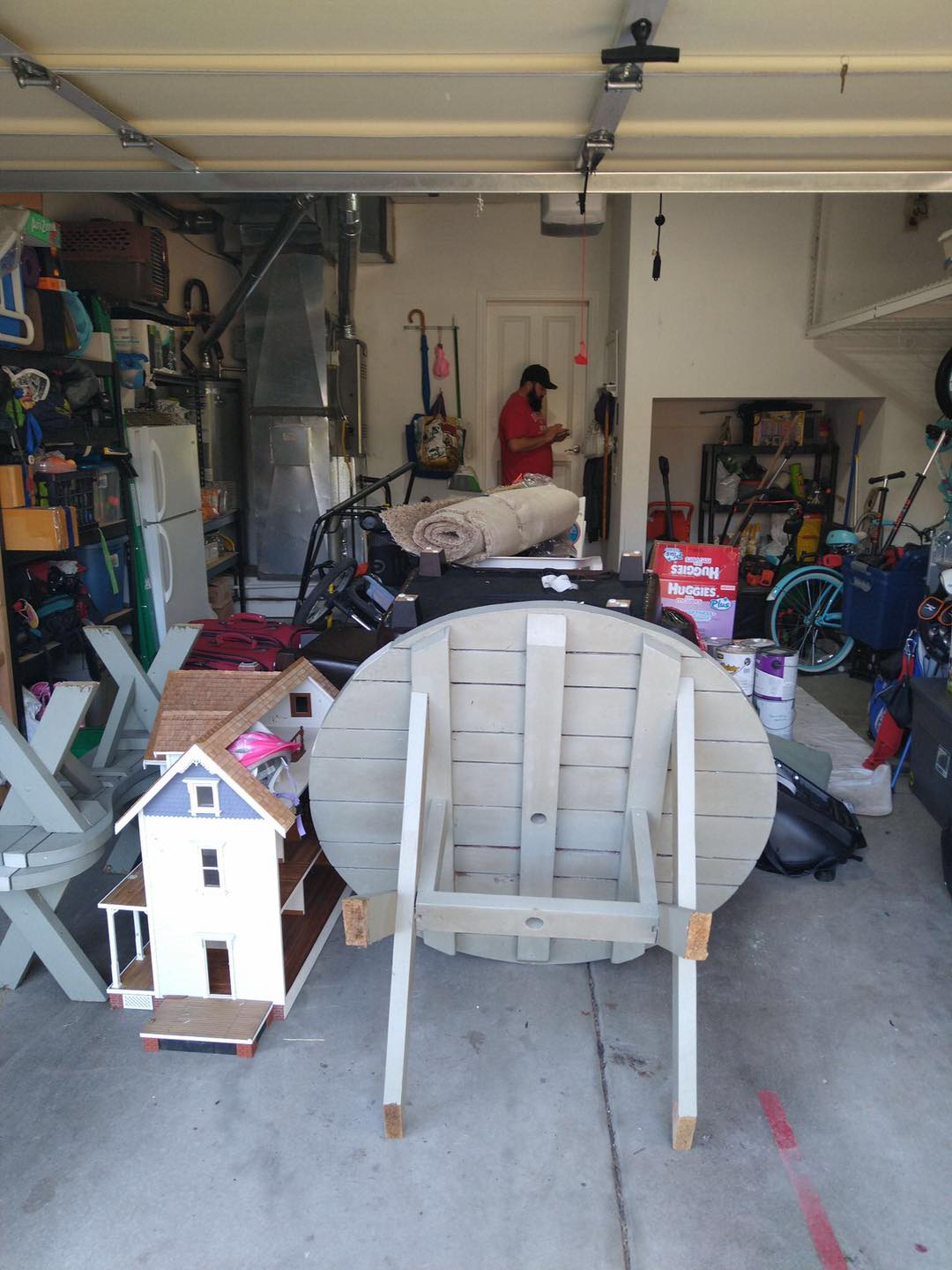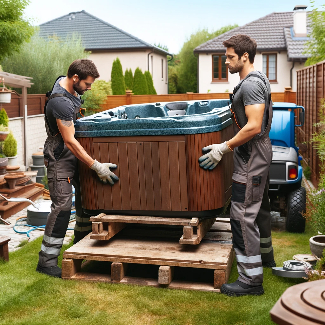Many common items, even those that seem harmless, can have serious environmental and health impacts if not disposed of properly.
In places like Snohomish County, King County, and Skagit County, educating yourself on proper disposal methods not only helps compliance with local regulations but also preserves our natural surroundings for future generations.
Key Takeaways
- Properly dispose of electronic waste to prevent pollution.
- Hazardous and medical waste requires special handling.
- Recyclable materials should be recycled, not trashed.
1. Electronic Waste (E-Waste)
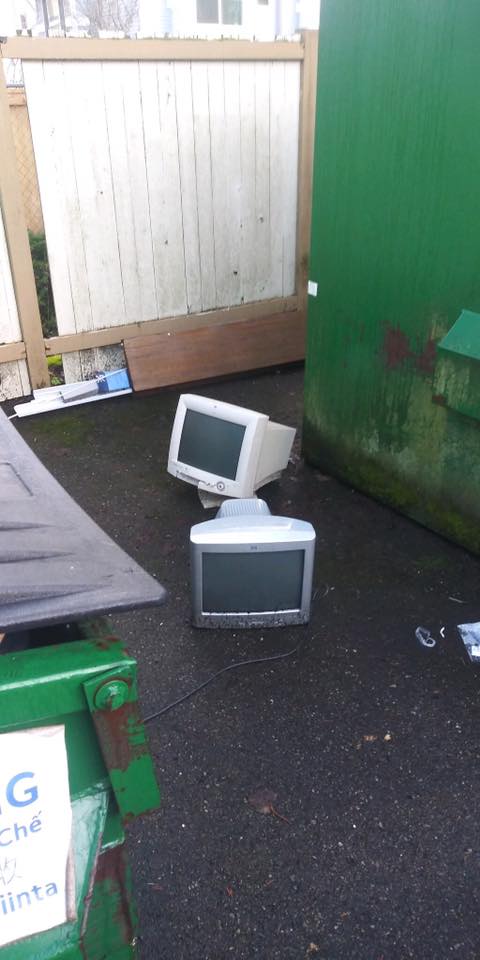
Electronic waste, or e-waste, includes items like old phones, computers, and batteries. These devices are often no longer working, outdated, or simply unwanted.
E-waste contains toxic chemicals like lead, mercury, and cadmium. When you throw these items in the trash, they end up in landfills. Over time, these chemicals can seep into the soil and water, causing significant environmental damage.
Examples of E-Waste:
- Old mobile phones
- Laptops and desktops
- Batteries of all kinds
- TVs
- Home appliances (e.g., microwaves, toasters)
Dangers of Improper Disposal:
- Soil Contamination: Lead, mercury, and cadmium can pollute the soil.
- Water Pollution: Toxic chemicals can reach and contaminate water sources.
- Health Risks: Improper handling can expose you to harmful substances.
Proper Disposal Methods:
- E-Waste Recycling Centers: Look for designated centers that specialize in recycling electronics.
- Special Collection Events: Some areas hold events for collecting e-waste safely.
- Professional Services: Companies like S&J Junk Hauling can help you dispose of your e-waste responsibly.
By using these methods, you help protect the environment and guaranteeing that valuable materials are safely recycled. It’s important to be mindful of how you dispose of your old electronics.
2. Hazardous Household Waste
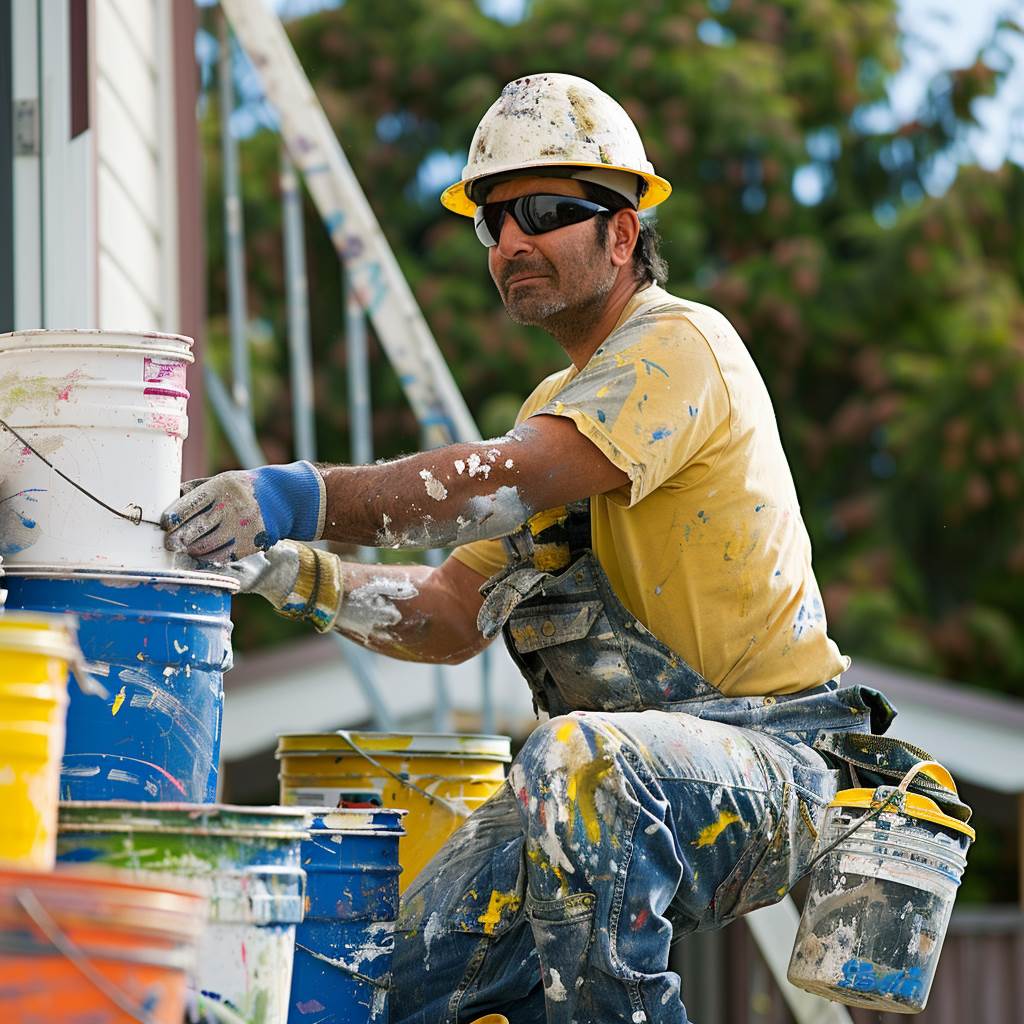
Every household has items that can be harmful if not disposed of correctly. These items are known as hazardous household waste. They include paint, chemicals, and pesticides. Throwing these in the trash can lead to pollution and health risks.
Examples of Hazardous Household Waste:
- Paint: Leftover paint contains toxic chemicals.
- Chemicals: Cleaning products, solvents, and pool chemicals.
- Pesticides: Products used to kill pests.
Improper disposal can cause serious problems. Chemicals can end up in water supplies, affecting drinking water and animal habitats. Pesticides can seep into the soil, harming plants and animals.
Safe Disposal Options:
- Hazardous Waste Collection Programs: These programs are often run by local governments.
- Drop-off Locations: Designated drop-off sites for hazardous waste.
Steps for Safe Disposal:
- Check with Local Authorities: Find out where your nearest hazardous waste collection program or drop-off location is.
- Store Properly: Keep hazardous waste in its original container, with the label intact.
- Transport Safely: Take the waste to the collection point, following any local guidelines.
Proper disposal guarantees safety for your community and the environment. If you need help with removing hazardous waste, companies like S&J Junk Hauling can handle it safely and responsibly.
3. Medical Waste
When it comes to medical waste, it’s important to dispose of it correctly to protect both people and the environment. There are various types of medical waste, such as sharps, expired medications, and used bandages.
Sharps, like needles and syringes, can cause injuries or spread infections if not handled properly. Always place them in FDA-cleared sharps disposal containers. These sturdy, puncture-resistant containers makes sure sharps are safely stored before they are taken to a proper disposal facility.
Expired medications should never be thrown in the trash or flushed down the toilet. Improper disposal can lead to environmental contamination or accidental ingestion. Use medication take-back programs offered by local pharmacies or community centers, making sure of safe and responsible disposal.
Used bandages and other items contaminated with blood or bodily fluids should be placed in clearly marked biohazard bags. These specially designed bags prevent leaks and reduce the risk of spreading infections. Contact a professional service like S&J Junk Hauling for advice on the proper disposal of biohazard waste.
4. Bulky Items
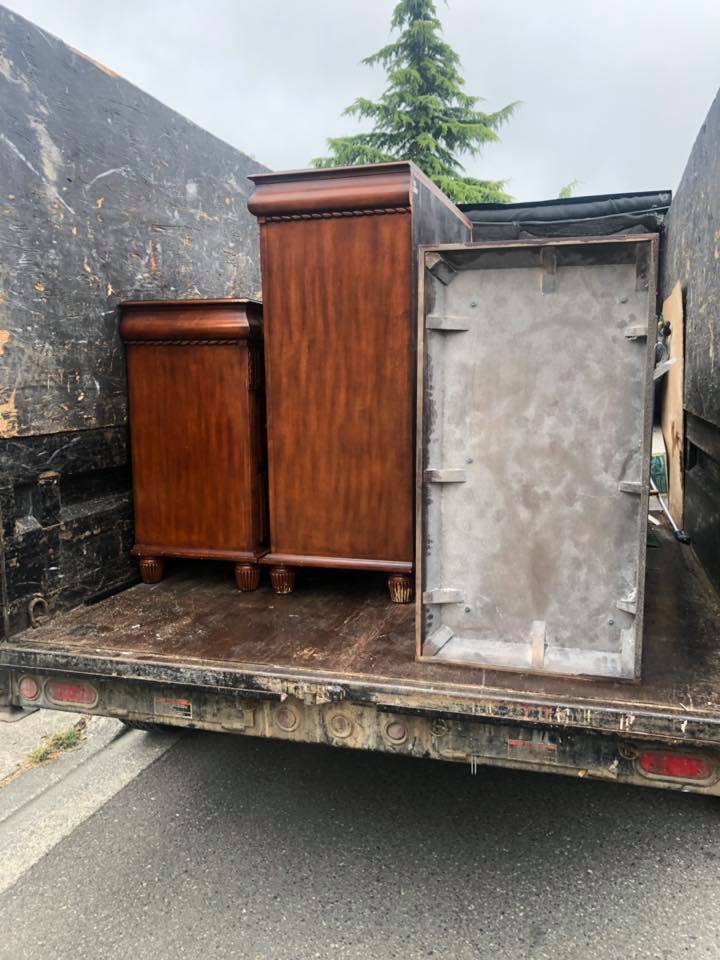
Bulky items like furniture, mattresses, and large appliances are difficult to dispose of in the regular trash.
These items take up a lot of landfill space and are hard to handle with standard waste collection methods. For example, a mattress can occupy significant space and doesn’t compact well, leading to inefficient landfill use.
Examples of Bulky Items:
- Furniture: Sofas, chairs, tables
- Mattresses: Single, double, king size
- Large Appliances: Refrigerators, washing machines, dryers
Problems with Throwing Bulky Items in the Trash:
- Landfill Space: These items fill up landfills quickly, leading to more waste management issues.
- Handling Difficulties: Standard trash collection services are not equipped to handle such large, heavy items.
Alternative Disposal Methods:
- Bulk Pick-Up Services: Some cities offer bulk pick-up days where you can leave these items out for collection. Contact us at S&J Junk Hauling, we offer same day pick ups.
- Donation Centers: Many charities accept large items if they are in good condition. Consider donating your old furniture to those in need.
- Recycling Programs: Certain items, like metal appliances, can be taken to recycling centers where they are broken down and reused.
5. Recyclable Materials
Some common items like paper, plastic, and glass should never go in the trash. These materials can be recycled and turned into new products, mitigating the environmental impact.
Recycling helps conserve natural resources. When you recycle paper, it means fewer trees are cut down. Recycling plastic saves petroleum, and recycling glass reduces the need for raw materials.
To recycle effectively, follow these tips:
- Clean Your Recyclables: Rinse out any food or residue from containers like bottles and jars.
- Sort Properly: Separate paper, plastics, and glass according to local recycling rules.
- Check Local Guidelines: Follow the specific recycling guidelines in your area to makes certain of proper disposal.
| Material | Importance | Tips for Recycling |
| Paper | Saves trees and reduces waste in landfills | Make sure it’s clean and dry. |
| Plastic | Conserves petroleum and reduces ocean pollution | Rinse thoroughly and remove labels if needed. |
| Glass | Reduces the need for new raw materials | Rinse well and separate by color if required. |
6. Batteries
Different types of batteries, such as alkaline, lithium-ion, and rechargeable, shouldn’t be thrown in the trash.
Improper disposal can lead to environmental hazards. Batteries contain harmful chemicals like lead, cadmium, and sulfuric acid. When these chemicals leak, they pollute the soil and water. This not only harms wildlife but can also pose significant health risks to humans.
To dispose of batteries correctly, you should take advantage of battery recycling programs. Many communities have drop-off points where you can bring your old batteries.
Proper disposal methods:
- Drop-off points at local retailers
- Battery recycling programs
- Community collection events
7. Fluorescent Light Bulbs
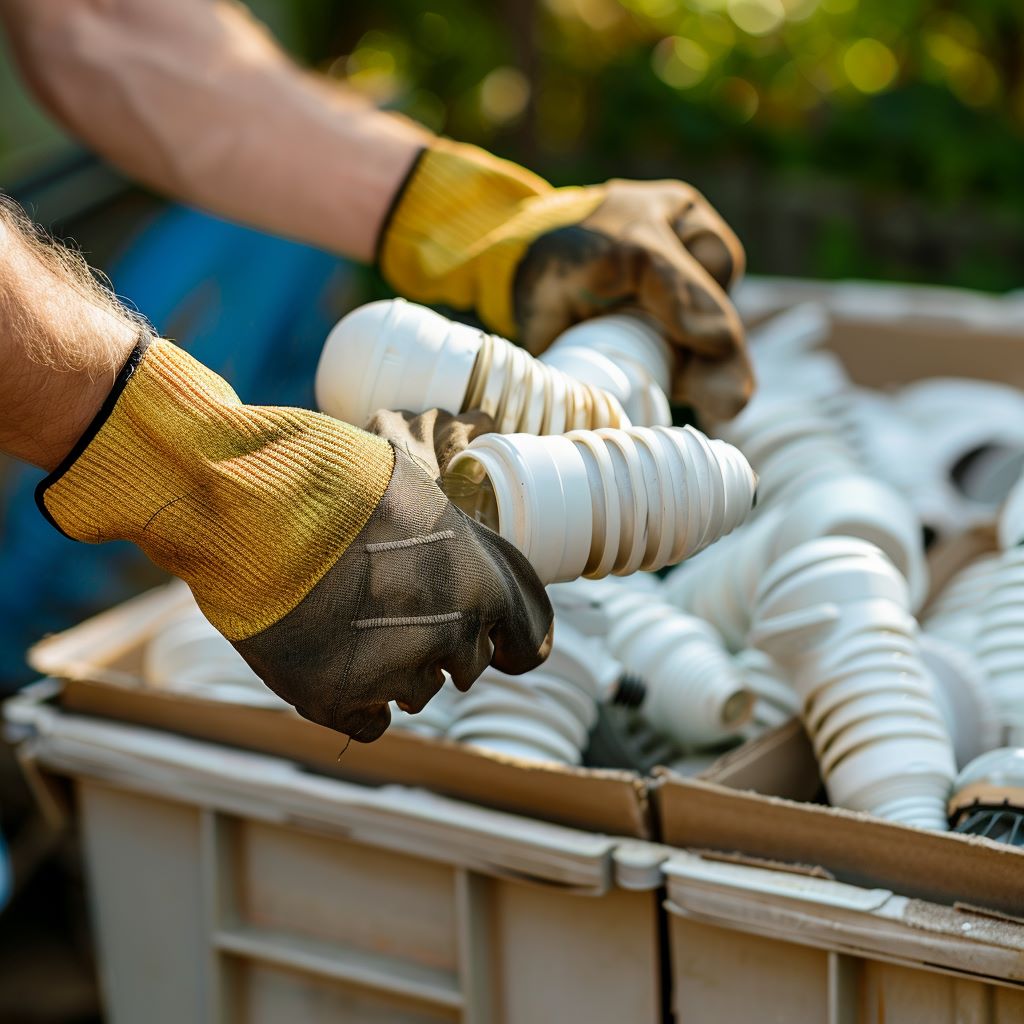
Fluorescent light bulbs, including CFLs (Compact Fluorescent Lamps) and tube lights, are common in many homes and businesses.
These bulbs contain mercury, a toxic chemical that can be harmful to both people and the environment if not disposed of properly.
Throwing fluorescent bulbs in the regular trash can cause them to break and release mercury.
This can contaminate the air, water, and soil, posing health risks.
